An imprint of Rowman & Littlefield
Distributed by NATIONAL BOOK NETWORK
Copyright 2014 by Robert Barr Smith
All rights reserved. No part of this book may be reproduced in any form or by any electronic or mechanical means, including information storage and retrieval systems, without written permission from the publisher, except by a reviewer who may quote passages in a review.
TwoDot is a registered trademark of Rowman & Littlefield.
British Library Cataloguing-in-Publication Information is available on file.
Library of Congress Cataloging-in-Publication Data is available on file.
ISBN 978-1-4930-0613-7
eISBN 978-1-4930-1549-8
 The paper used in this publication meets the minimum requirements of American National Standard for Information SciencesPermanence of Paper for Printed Library Materials, ANSI/NISO Z39.48-1992.
The paper used in this publication meets the minimum requirements of American National Standard for Information SciencesPermanence of Paper for Printed Library Materials, ANSI/NISO Z39.48-1992.
Contents
Foreword
The Old West abounded with outlaws, bandits, killers, rustlers, rapists, assorted trash of all kinds. So did the wild days of the early twentieth century. A great many of these hoodlums were career criminals; hurting other people in various ways was what they did for a living and, sometimes, just for fun. The way they saw the world, the outlawing business beat the hell out of following a mules behind all day or pushing contrary cows who didnt want to go where you wanted them to.
To folks who shared this flawed perspective, honest work was somehow belittling and certainly nothing out of the ordinary that a man could brag about. Besides, many of them seemed to think that riding on the wrong side of the law somehow made them somebody. Robin Hood and Dick Turpin were long dead, but in the eyes of a lot of young punks at least they could be successors to some famous outlaws of yesteryear. It is highly unlikely most of them had ever heard of Robin or Dick, but they could find role models from their own time easily enough.
It somehow helped to make you somebody if you gave yourself a brag name, especially since most of the young hoodlums who took one were no smarter than the average cow, and some were clearly mentally vacant, which was often a great help to the law. Take for example an Oklahoma loser called Bob Rogers, who, when faced by a large posse, demanded to know whether they had a warrant for him.
Now, hed just finished killing one lawman and wounding another, so he should not have been surprised by the terse answer of the deputy US marshal in charge: No; we dont need one. Whereupon Rogers jerked up the muzzle of his rifle toward the officers, prompting seven or eight possemen together to terminally ventilate him. Sic semper stupid.
The history of western crime is full of swashbuckling names, such as the Verdigris Kid, the Narrow-Gauge Kid, Billy the Kid, and the Polkadot Kid (just a few of the punks who called themselves kid something or other). Add to these Black-Faced Charlie, Rustling Bob, Little Bill, Red Buck, Texas Jack, Chicken Lucas, Black Jack (at least two of those), Dynamite Dick, Flyspeck Billy (his leader was called Lame Johnny), Rattlesnake Jake, and on and on.
Later on would come Pretty Boy, Machinegun Jack, Skeet, Big Bob, Killer (several of those), Two Gun, Shotgun, Mad Dog, Chaw Jimmie, The Owl, and Boobie Clark, whose nom de crime pretty well describes the intellectual level of the average professional criminal.
A good many of the hoodlums with self-christened snappy names turned out to be heap big smoke and no fire. They quickly discovered that all was not as it was painted in the tabloids and penny-dreadful paperbacks: The living was very hard on the run, and the lawmen of the day (including their posses) were very tough cobs who did not give up easily, especially if the reward was sizable.
And so, like criminals of a later day, the punks of yesteryear generally died young and violently, either full of bullets or on the end of a rope, and very few learned anything. Those who lived were likely to spend their salad days watching the world go by through a set of iron bars.
There was precious little nobility about most of them. During the gang years, quite a number rolled over on their comrades, testifying either gladly or at least enthusiastically against their fellow knights of the road. If they were promised immunity from the noose and maybe a reduction in sentence, loyalty to their friends and accomplices magically faded away to insignificance.
There was one thing many of them had in common: Most of them were farm boys who shared a common goal, pretty accurately expressed by one of the Newton brothers: I wanted something... and I knew I would never get it following a mules ass and dragging cotton sacks down them middles.
You could say something good about some of them, if you tried hard enough. Most of them loved their mothers, and a few even visited home from time to time, like the Dalton boys. A few were good family men, like Bill Doolin, at least as often as crime and flight would permit a visit to the family. Some liked dogs or horses; a few even went to church sometimes.
But by and large they were, as Long John Silver would say, a scurvy lot.
The leading candidate for scumbag-in-chief would have to be David Rudabaugh, better known to all and sundry as Dirty Dave. Besides his foul and violent personality, Dave was famous for his penetrating odor, a stench that preceded his arrival by a quarter of an hour.
Dave dabbled in robbery early on, fumbled his way into the hands of the law, testified against his former friends, and then blew town for safer climes. Those climes included Las Vegas, New Mexico, where he became a part of the criminal band led by HooDoo Brown, the town justice of the peace. He spent a little time running with Billy the Kid, too, and at last turned up around Tombstone as part of the so-called Cowboy faction.
When Dave ran out of welcome, as he inevitably did, he went off to Mexico. There he inflicted himself on the small Chihuahua town of Parral, where, as usual, he quickly became a major irritant to the populationbut not so much for his penetrating odor as for his anger. He became upset during a card gameapparently he wasnt winningand ended up killing a couple of the locals. They responded by permanently removing his head, impaling it on a stake, and parading it around the town, hat, mangy mustache and all. It became the centerpiece of a sort of ad hoc fiesta.
Whatever happened to the various pieces of Dave, nobody noticeably missed the whole man. And so it was with most of the rest of the outlaws: They not only were generally worthless and dim-witted, but also seldom mourned when a bullet or a noose finally got them.
A good many of them, though, varied the pattern somewhat by being related and running together. The Muskogee Phoenix newspaper told the tale of the Davis family, whose two sons were in the Fort Smith jail awaiting shipment to the penitentiary. The boys mother and sister traveled to Fort Smith to say good-bye. They were astonishedand presumably distressedto find that husband and father Davis had gotten there before them, been arrested, and was lodged in the same jail as his sons.

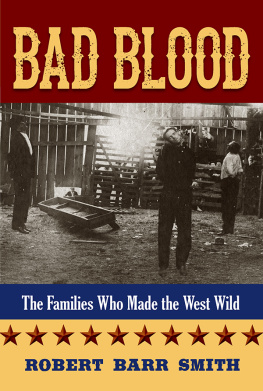
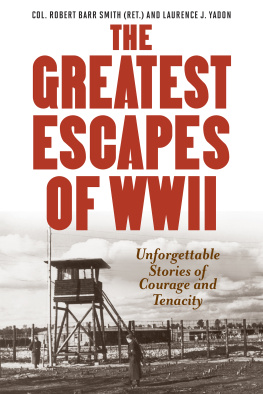

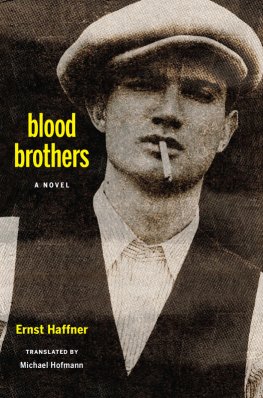
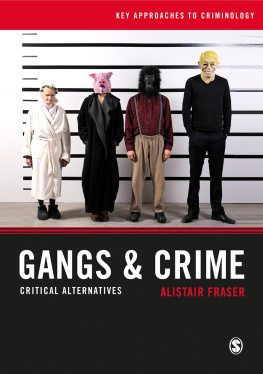
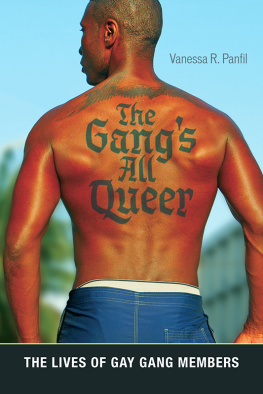
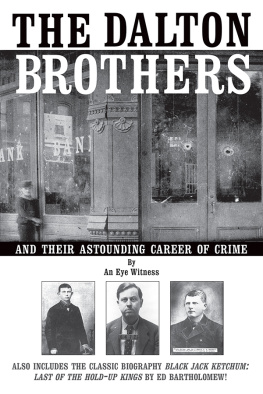

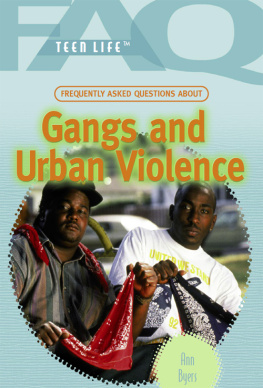
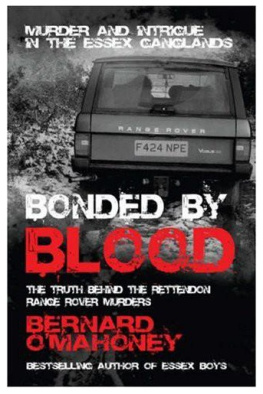
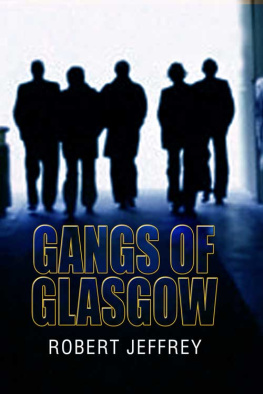
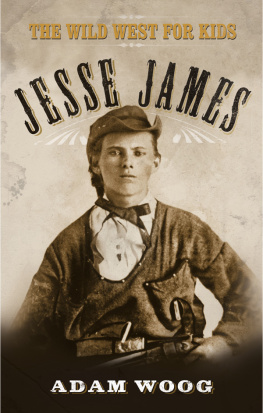

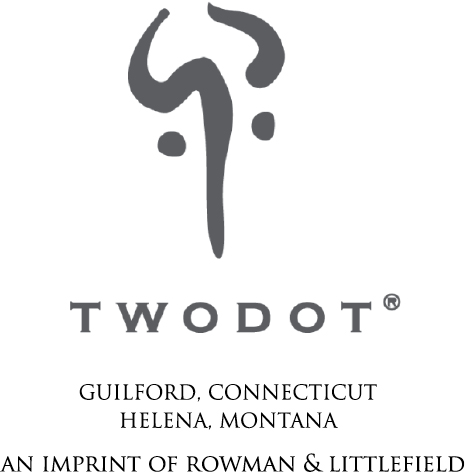

 The paper used in this publication meets the minimum requirements of American National Standard for Information SciencesPermanence of Paper for Printed Library Materials, ANSI/NISO Z39.48-1992.
The paper used in this publication meets the minimum requirements of American National Standard for Information SciencesPermanence of Paper for Printed Library Materials, ANSI/NISO Z39.48-1992.